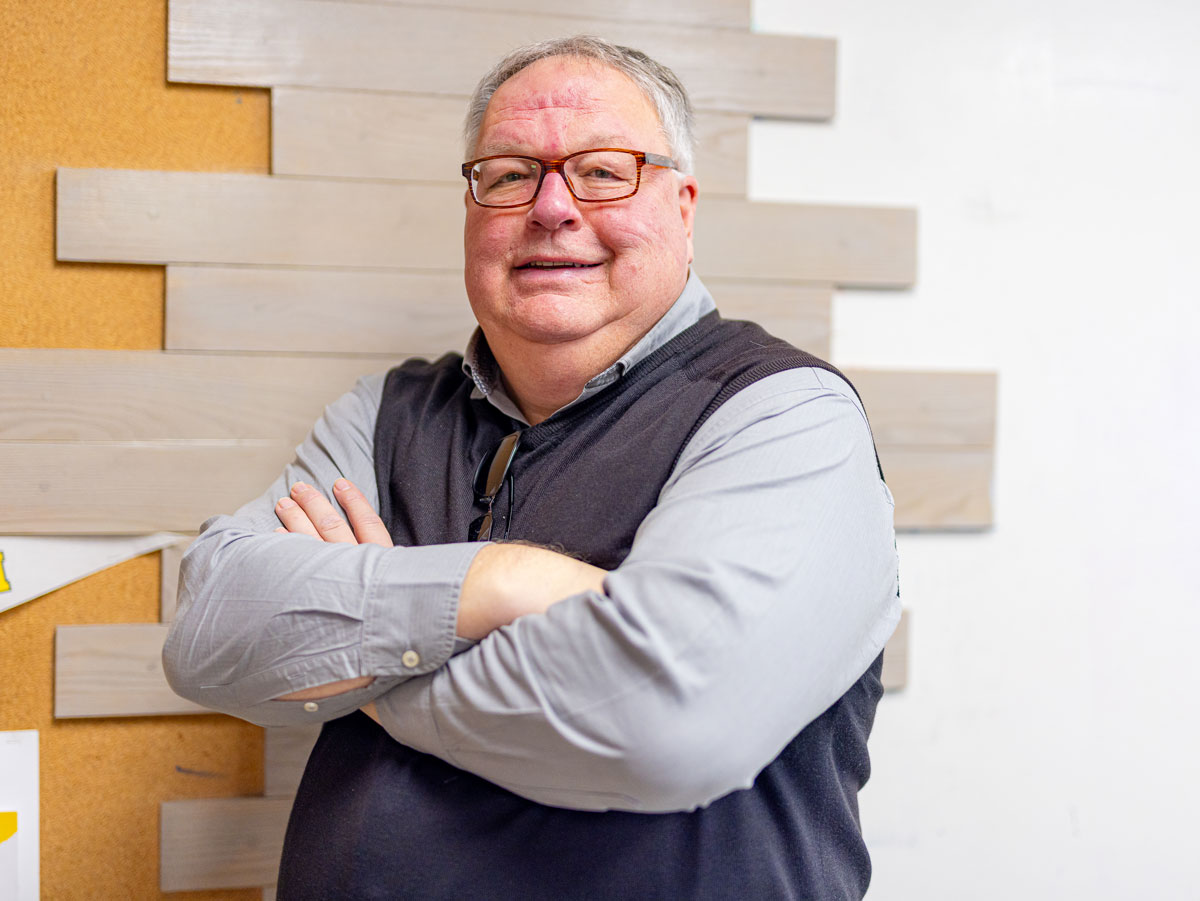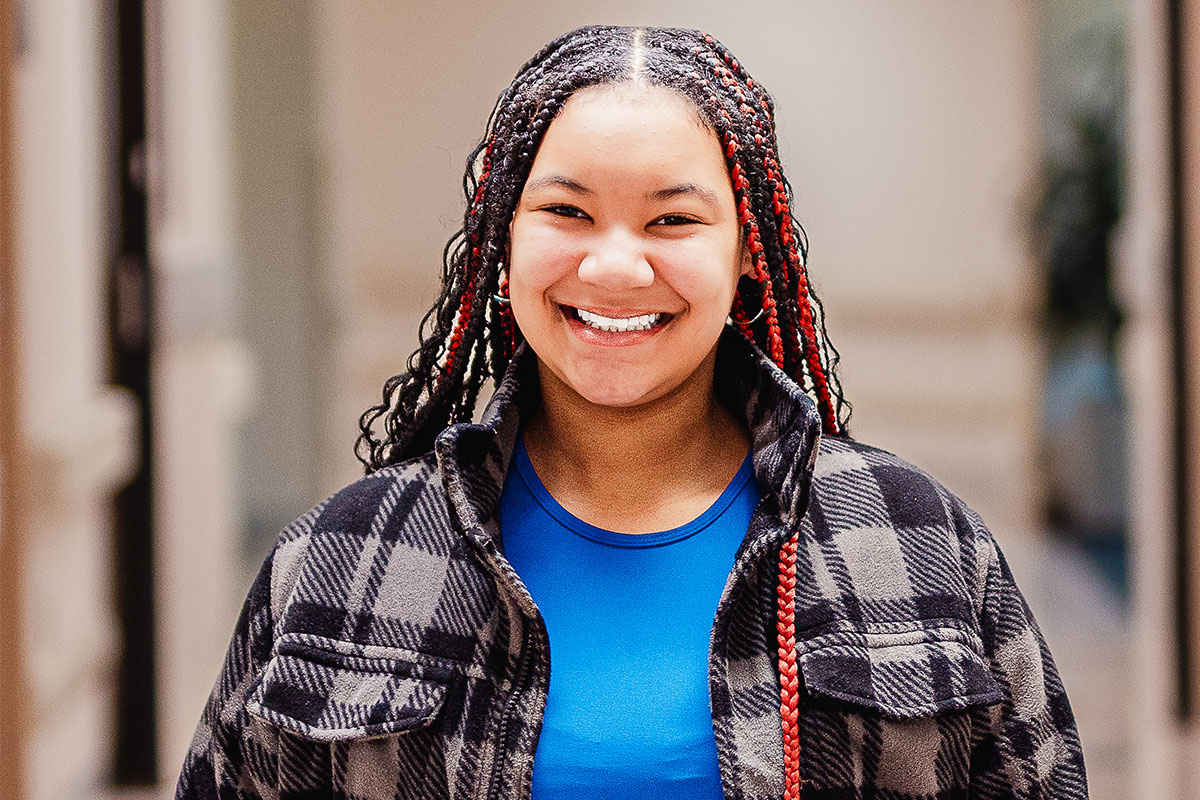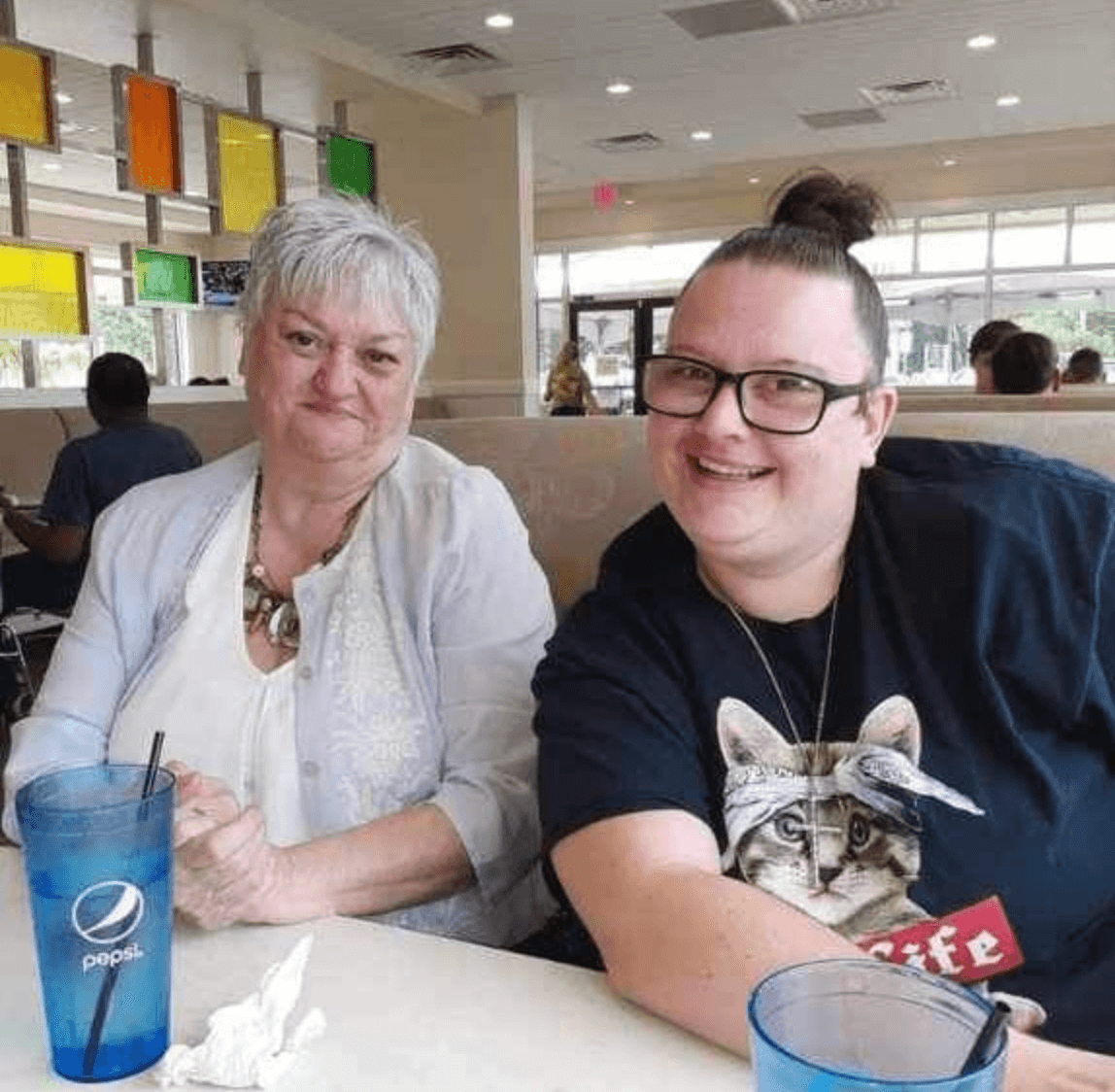CAELA COHEN was like every other lively 5-year-old — until she wasn’t. Tea parties with her favorite teddy bear and pillow forts sprawling across the living room carpet turned into round-the-clock monitoring of her blood sugar and painful insulin injections following her diagnosis of Type 1 diabetes. Caela, along with her parents, Jordon and Caroline, lived in Florida, and although her dad received the same diagnosis at 13, the Cohens found themselves wading into uncharted, turbulent waters. Fortunately, they found a local support group that offered encouragement, ready-made friendships, and an abundance of resources.
“The complexities were daunting, especially when she was first diagnosed,” said Caroline. “The level of constant care, life-sustaining decisions regarding insulin needs, exercise, micromanaging her food intake with insulin dosing, sustaining blood sugars through growth spurts, or while traveling, combined with frequent sick days, hospital stays — it was absolutely overwhelming, and was a personal SOS call for us to form a similar support group when we moved to Virginia.”
The Cohens founded “T1DE,” which stands for Type 1 Diabetes Experience. This grassroots network provided a space for Type 1 families to connect and learn more about their child’s diagnosis while providing crafts and playdates so that, for a time, their kids could just be “regular kids”. As word spread and attendance grew, so did the desire to fund programs for families and to increase awareness among their community. In 2015, the organization became an official 501(c)(3) nonprofit and now receives proceeds from the Memorial Day 10K and 2-mile walk.
“When we moved here, Caela was entering adolescence, which comes with many additional stresses and challenges,” said Caroline. “Sharing resources and experiences with other families was my anchor while navigating through those times. We’ve met parents over the years who tell us how isolated they and their child feel. In fact, many parents, children, and adolescents reach out because they are having mental health concerns. Diabetes affects the family unit as a whole.”

Like the Cohens, Carole Friend is also passionate about Type 1 diabetes. After her daughter received a diagnosis at the tender age of 2, Friend began working with Breakthrough T1D (formerly the Juvenile Diabetes Research Foundation or JDRF) but longed for a group closer to home that would eliminate the need for families to travel up to two hours one way to participate in activities.
Friend said, “I struggled to manage the constant blood sugar swings and often felt alone on this journey. When I found T1DE, not only did I feel supported, but my child had peers and mentors who had diabetes just like her. I was able to talk to other parents going through some of the same struggles I was, and I learned more about diabetes. It really made a difference.”Diabetes, especially Type 1, is becoming more commonly diagnosed, and the ages of children diagnosed are becoming increasingly younger. Even with the invention of glucose monitors and apps that track and alert families to impending dangers, families, teachers, coaches, grandparents, and anyone close to someone with Type 1 or Type 2 diabetes must remain vigilant.
“With younger children, it’s difficult to match the amount of insulin needed with the food they eat and their spontaneous exercise or activity,” said Friend. “While insulin is life-giving, an excess brings on life-threatening hypoglycemia, while a lack of insulin leads to hyperglycemia. Most [Type 1] children experience a rollercoaster of blood glucose throughout the day despite the careful attention of their parents and newer and better technology. This affects their ability to participate in life activities and increases their risk of future complications. They navigate this as their peers and educators around them lack a solid understanding of the nearly invisible challenges they experience.” T1DE now offers a range of programs for those with Type 1 and Type 2 diabetes, including educational opportunities, camps for families, and funding training to school districts across the state. T1DE has a free book program instilling that knowledge is power, especially for families and individuals living with diabetes. The organization helps diabetics have access to needed medical equipment, funds scholarships for equine therapy through Serenity Strides, and partners with the Prayer Pony Foundation to offer “prayer ponies” to children who receive a diagnosis.
On Memorial Day, T1DE hosted its annual 10K and 2-mile walk. Little Critters Petting Zoo, face painting, Balloon Dude Travis, crafts, and Kona Ice provided fun for the entire family after the race. T1DE will continue to be a champion for everyone living with diabetes. GN













































































